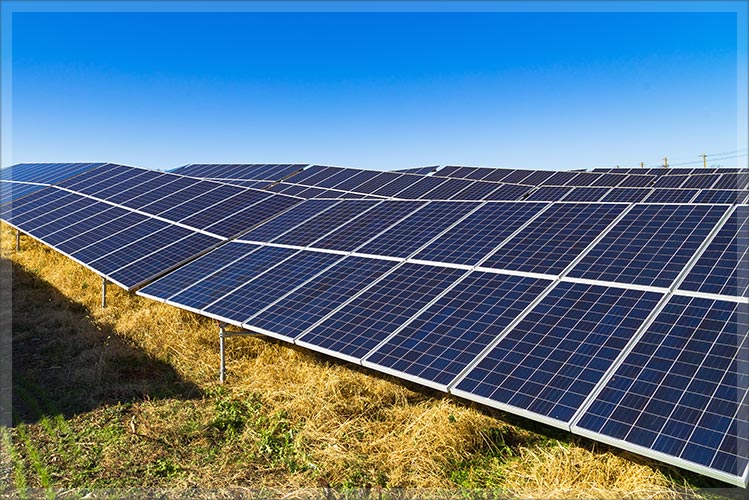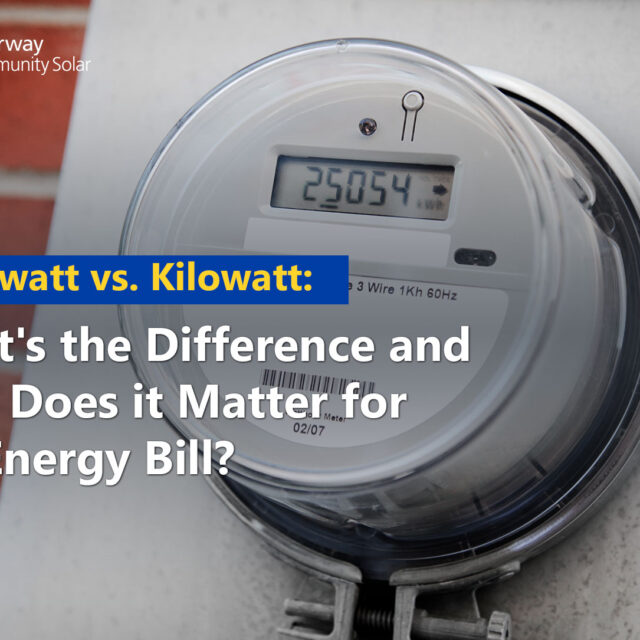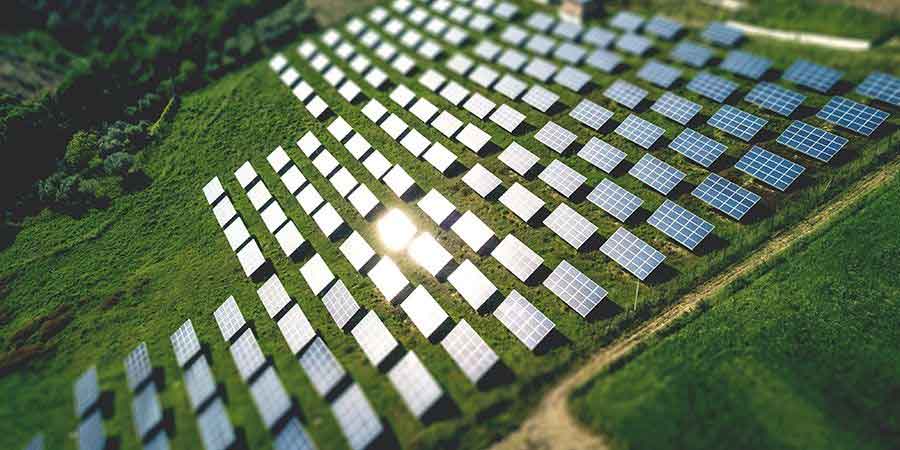
Every year people commit to New Year’s resolutions; finding opportunities to break old habits, start new ones, and gain insights for a brighter future for yourself and those around you. As you’re creating your vision for the year, focusing on lifestyle adjustments toward sustainability can help reduce your own carbon footprint while encouraging others to do the same.

Walk, cycle or ride public transportation
Find ways to get from here to there on foot, bicycle or via means of public transportation, even if it’s just one outing, or one day, each week. Ditching your car, just those few times as feasible, is a small step towards reducing your carbon footprint. When you live in a high-scoring walkable neighborhood or a small town, consider the enjoyable pathways to get around that don’t include a gas pedal. And why not make some new friends along the way? Start a carpool to and from work, the gym, or any of your routine stops.

Insulate your home for all types of weather
Insulating your home can help save on energy usage. Make sure doors, windows and any cracks in the floor are protected with weather stripping or other sealants. If your walls are thin, consider adding insulation. If you have an older home that is made from wood, check out other suitable siding options, such as fiber cement, aluminum, or brick to insulate your home. The insulation helps your home maintain the right temperature during any season.

Use energy efficient appliances
Modern appliances, like washers and dryers, refrigerators, and dishwashers can use considerably less energy than older appliances. Look for ENERGY STAR labeled products, which are available across over 70 home categories. Consider starting with small upgrades like dehumidifiers. As you move into more substantial appliances, take advantage of available rebates offered to help you save.

Eat locally grown food
Supporting local farmers in your community helps reduce your carbon footprint because the food doesn’t have to be transported as far. When you make purchases from nearby farmers markets or local businesses, the fuel-heavy transportation is reduced. And while you’re eating fresher local foods, try cooking them in energy-efficient manners, like on a grill.

Reuse and repurpose
In addition to recycling, explore what you can reuse and repurpose. From grocery bags to newspaper, you’ll find that you can extend the lifetime of products in crafty ways. Repurpose empty glass containers for holding common household everyday items, like pens, plants, or paperclips. Begin a personal composting program with egg shells, old produce, tea bags, and orange rinds. Or, consider removing coffee grounds from inside of mainstream coffee machine pods to help flowers bloom in your garden. Composts help add nutrients to the soil, which supports agriculture and reduces our dependency on synthetic fertilizers.

Find practical ways to support clean energy production
Community Solar presents a hassle-free alternative to rooftop solar. With no rooftop installation, no maintenance, and no upfront costs, it is easier than ever to go solar. When you sign up, you’re committing to a subscription that helps reduce dependence on fossil fuels and create a more sustainable future.









